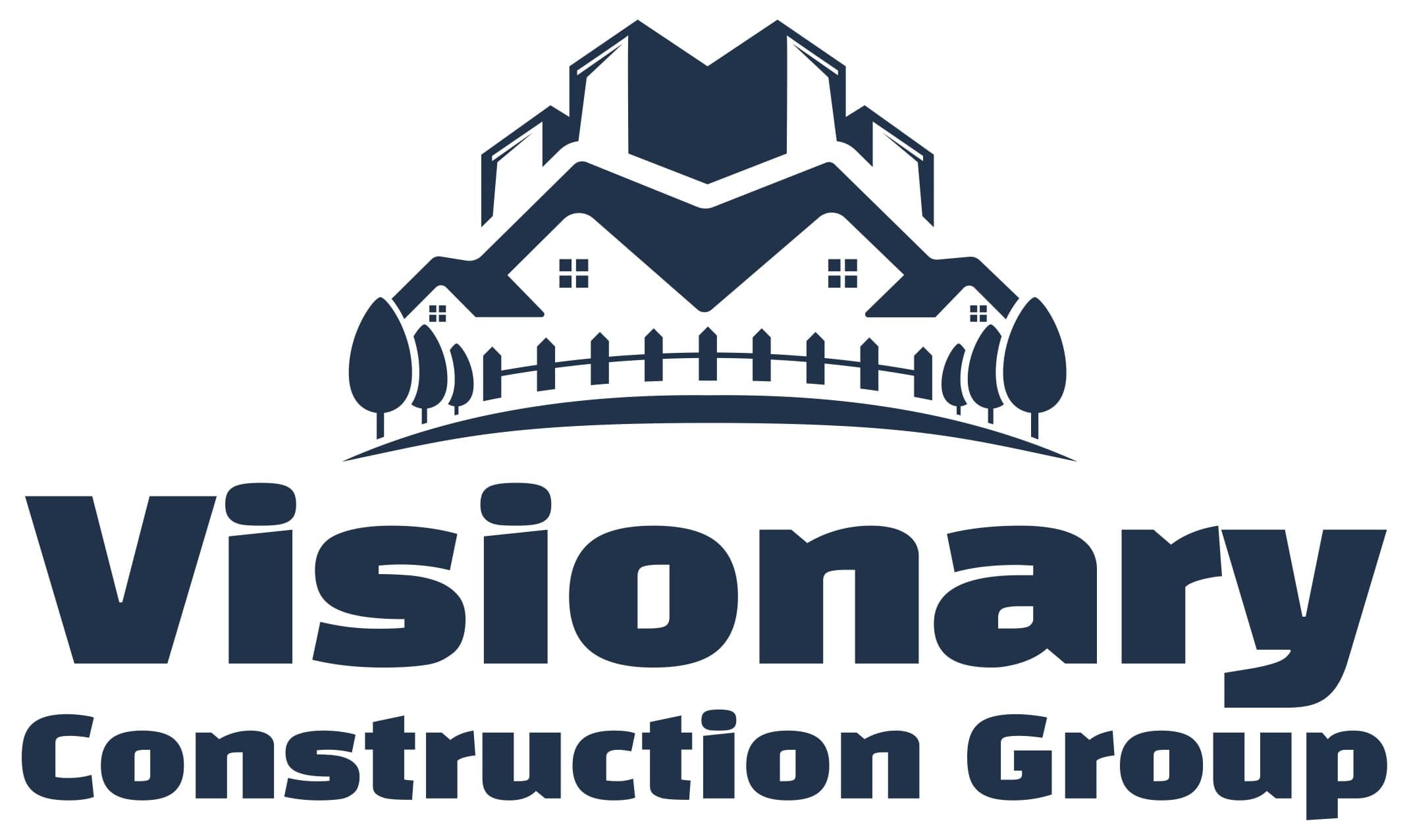In the construction world, whether you’re building a skyscraper or remodeling a kitchen, the smooth coordination of subcontractors can make or break your project. These skilled professionals play a vital role in the success of any construction endeavor, but managing them effectively requires a combination of strategy, communication, and foresight. Let’s dive into how you can ensure a seamless workflow on every project by mastering the art of subcontractor coordination.
The Role of Subcontractors in Construction Projects
Subcontractors are the backbone of most construction projects. From electricians and plumbers to drywall installers and painters, they bring specialized skills essential to completing the job. Understanding their role and how to coordinate their efforts effectively is crucial to keeping your project on track.
Why Subcontractors Are Essential to Project Success
Subcontractors offer expertise in specific areas that general contractors may need to possess. Their specialized knowledge ensures that someone with the right skills and experience handles each aspect of the project. This division of labor enhances the work’s quality and allows the project to move forward more efficiently.
Common Challenges in Coordinating Subcontractors
However, coordinating multiple subcontractors can be challenging. Issues such as miscommunication, scheduling conflicts, and quality control can arise if a solid plan is not implemented. These challenges can lead to delays, cost overruns, and, in some cases, subpar results. That’s why having a strategic approach to managing subcontractors from the outset is essential.
Effective Strategies for Subcontractor Coordination
So, how can you ensure that your subcontractors work together smoothly and that your project stays on schedule? Here are some key strategies to consider.
Establishing Clear Communication Channels
Communication is the foundation of effective coordination. From the start, establish clear communication channels with your subcontractors. This might involve regular meetings, detailed project updates, or project management software. The goal is to ensure everyone is on the same page and that potential issues are addressed quickly.
Setting Expectations Early
Another critical step is setting clear expectations from the beginning. This includes outlining the scope of work, deadlines, and quality standards. When subcontractors know what’s expected of them, they’re more likely to deliver results that meet your requirements.
Using Technology to Streamline Coordination
Technology can be a game-changer in coordinating subcontractors in today’s digital age. Project management tools, scheduling software, and communication apps can keep everyone aligned. These tools make tracking progress, managing schedules, and sharing important updates with the entire team easier.
Scheduling and Time Management
One of the biggest challenges in coordinating subcontractors is managing their schedules. Each subcontractor’s work often depends on others completing tasks, making time management crucial.
Creating a Realistic Project Timeline
Start by creating a realistic project timeline for each subcontractor’s role. Break down the project into phases and assign specific deadlines for each task. Make sure to build in some buffer time for unforeseen delays.
Managing Overlaps and Dependencies
It’s essential to manage overlaps and dependencies carefully. For instance, the painters can only come in after the drywall is up, and the electricians can only install lighting fixtures once the wiring is complete. Coordinating these dependencies effectively ensures that work proceeds in the correct order and at the right time.
Flexibility in Scheduling: Preparing for the Unexpected
No matter how well you plan, unexpected issues can arise. Flexibility is vital, whether it’s a delay in materials or a subcontractor running behind schedule. Be prepared to adjust the timeline as needed and communicate these changes promptly to all parties involved.
Quality Control and Accountability
Maintaining high-quality standards is crucial in any construction project. Ensuring that subcontractors meet these standards requires regular monitoring and accountability.
Setting Quality Standards for Subcontractors
Establish clear quality standards that subcontractors must adhere to from the outset. These standards include specific materials, adherence to safety protocols, and expected craftsmanship. Having these standards in place helps prevent issues down the line.
Regular Inspections and Monitoring of Progress
Regular inspections are vital to quality control. Schedule routine check-ins to monitor the progress of the work and ensure it meets the set standards. These inspections can also help identify issues early, allowing for timely corrective action.
Addressing Issues Quickly and Effectively
When issues arise, it’s essential to address them quickly and effectively. Whether it’s a quality concern or a delay, taking swift action helps keep the project on track. Open communication and a problem-solving mindset are essential in resolving issues with subcontractors.
Building Strong Relationships with Subcontractors
Strong relationships with subcontractors can lead to better collaboration, higher-quality work, and smoother project execution. Here’s how to build and maintain these relationships:
The Importance of Trust and Respect
Trust and respect are the foundation of any strong working relationship. Treat your subcontractors respectfully; they’ll likely go the extra mile for your project. This mutual respect fosters a positive working environment where everyone is committed to delivering their best work.
Fostering Long-Term Partnerships
Consider fostering long-term partnerships with trusted subcontractors who consistently deliver quality work. Long-term relationships can lead to better collaboration, as subcontractors who are familiar with your standards and expectations are more likely to meet them consistently.
Negotiating Fair Contracts
Negotiating fair contracts is also crucial. Ensure that contracts are transparent, fair, and mutually beneficial. This includes setting reasonable payment terms, clearly defining the scope of work, and outlining the consequences of not meeting deadlines or quality standards. A fair contract lays the groundwork for a successful partnership.
Case Studies: Successful Subcontractor Coordination
To illustrate the importance of effective subcontractor coordination, let’s examine some case studies in which smooth coordination led to successful project outcomes.
Case Study 1: Coordinating a Large-Scale Commercial Project
In this case study, a large-scale commercial project required the coordination of multiple subcontractors, including electricians, plumbers, and HVAC specialists. The general contractor kept the project on track by establishing clear communication channels and using project management software, ensuring timely completion and high-quality work.
Case Study 2: Streamlining Workflow in a Residential Remodel
A residential remodel involved coordinating various subcontractors, from carpenters to painters. The key to success was a detailed project timeline and regular check-ins with each subcontractor. This approach minimized delays and ensured that the remodel was completed to the client’s satisfaction.
Case Study 3: Overcoming Challenges in a Tight Deadline Project
In a project with a tight deadline, the general contractor faced scheduling and material delay challenges. However, by maintaining flexibility in the schedule and fostering strong communication with subcontractors, the project was completed on time without compromising quality.
Conclusion
Coordinating subcontractors effectively is crucial to the success of any construction project. By establishing clear communication, managing schedules, maintaining quality standards, and building solid relationships, you can ensure a smooth workflow that leads to successful project completion. Planning, flexibility, and mutual respect are essential to successful subcontractor coordination.
FAQs
How can technology help in coordinating subcontractors?
Technology, such as project management software and communication apps, can streamline coordination by providing real-time updates, managing schedules, and ensuring everyone is on the same page throughout the project.
What should I include in contracts with subcontractors?
Contracts should include clear terms regarding the scope of work, payment schedules, deadlines, quality standards, and consequences for not meeting expectations. A well-defined contract helps prevent misunderstandings and ensures accountability.
How do I handle delays caused by subcontractors?
To handle delays, maintain open communication with subcontractors, adjust the project timeline as needed, and address any issues promptly. Building flexibility into your schedule from the start can also help mitigate the impact of delays.






